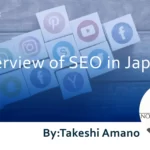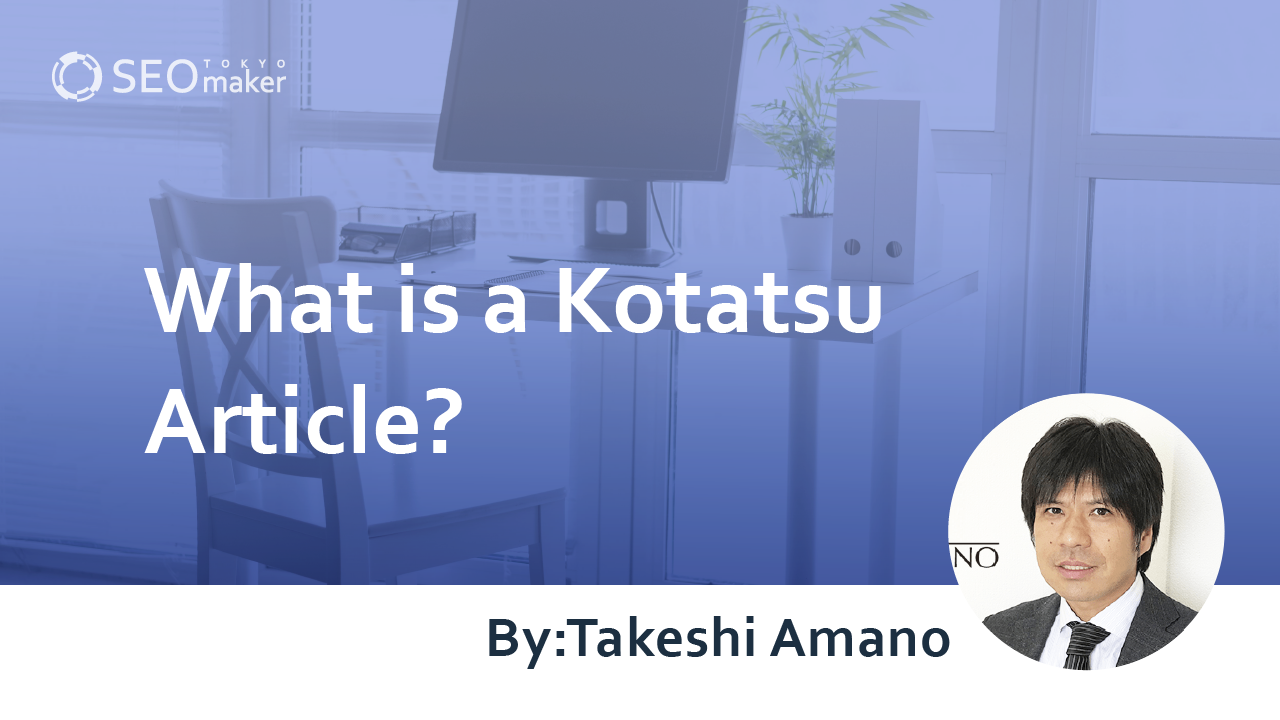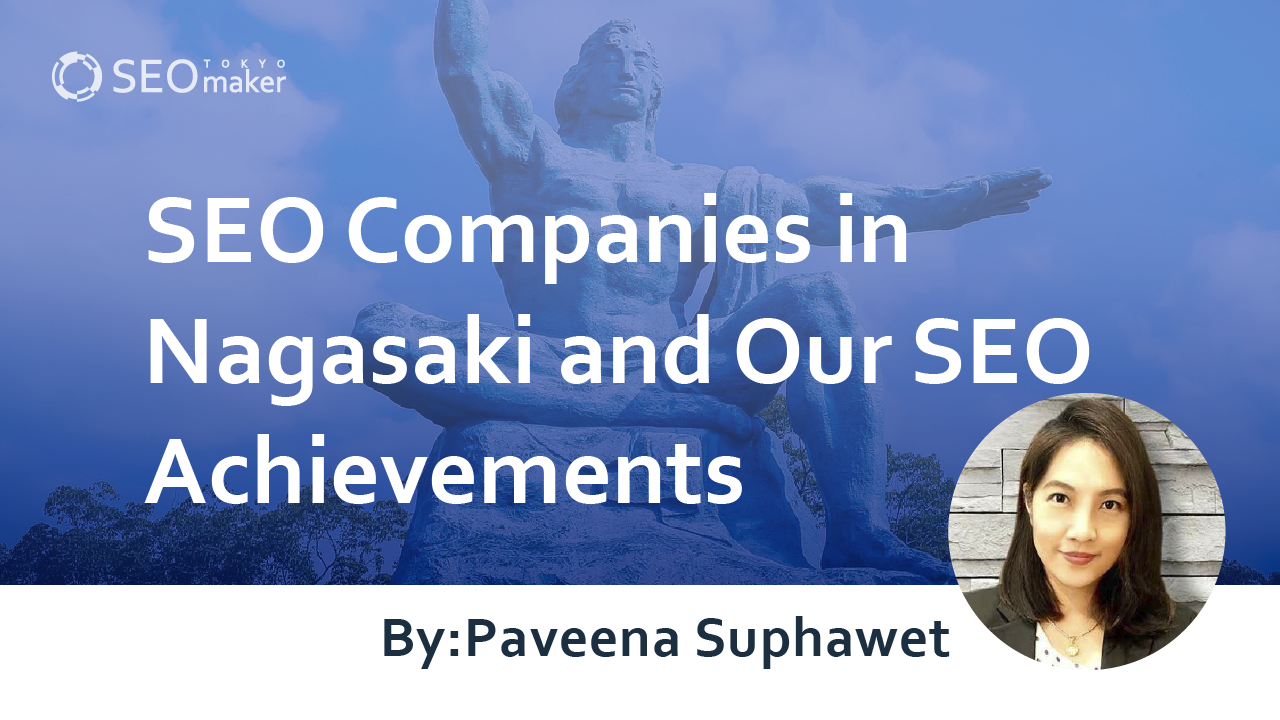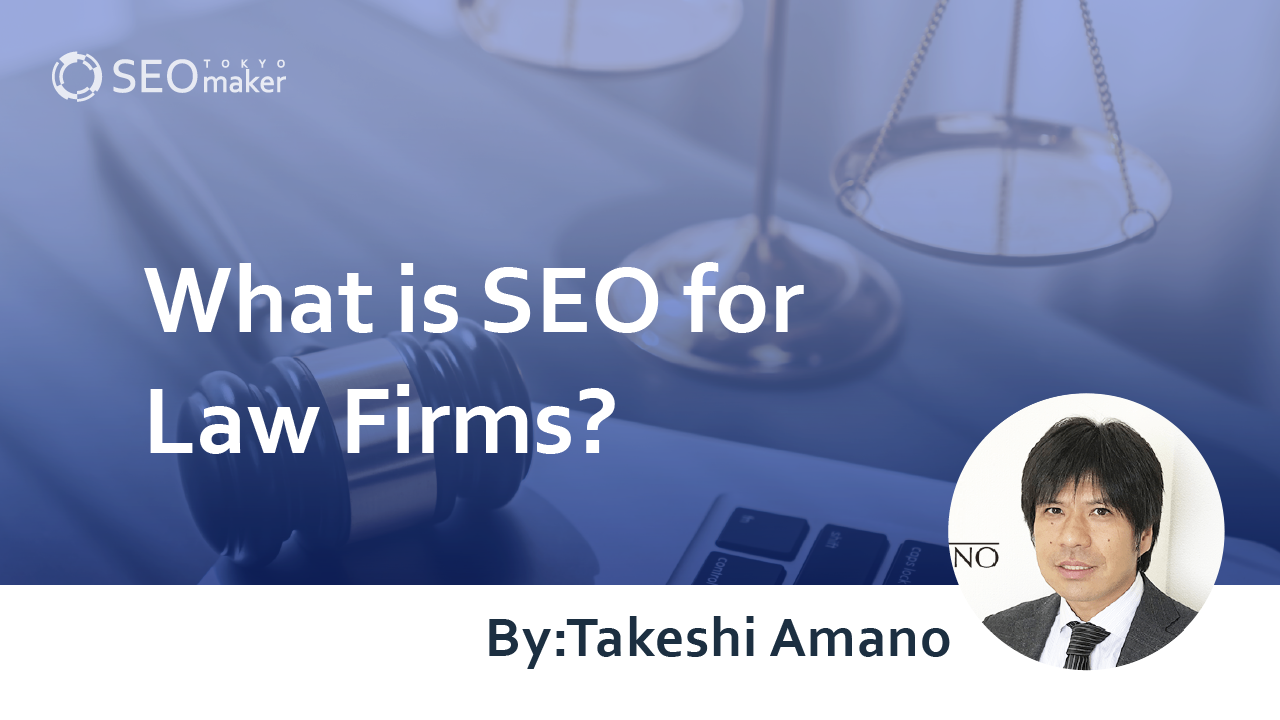Characteristics of Japanese People
contents

To succeed in business in Japan, it is crucial to have a deep understanding of Japanese characteristics. This article provides insights into key aspects of doing business in Japan.
Localized SEO for Japanese Market
When it comes to the characteristics of Japanese people, two key aspects to consider are their emphasis on trustworthiness and their relatively low English proficiency.
This implies the necessity for companies to have websites that use natural and fluent Japanese, avoiding any awkward or unnatural language.
It’s crucial for many businesses considering expansion into Japan to realize the importance of having a website and content tailored to the Japanese market.
Ignoring this could be risky and might result in missing out on valuable business opportunities.
While website translation can be time-consuming and costly, mere translation is not sufficient. Customization to fit the Japanese market is essential, requiring close collaboration between local marketers, local partners, and web developers.
Paying attention to language use is a given, but other elements, such as color choices and UI/UX design, can also be factors in the success or failure of an entry into the Japanese market. For instance, the color pink is not advisable, as it conveys strong sensuality in Japan and is not suitable for a business context.
The placement of buttons in conversion areas on landing pages or websites must also be customized for Japanese users; otherwise, clicks may be scarce.
Importing successful patterns from the home country without adjustment often leads to failure in the Japanese market.
In Japan, content marketing is highly active, but simply localizing SEO articles is not enough. Even if you successfully attract traffic through SEO, without proper guidance and pathways, the investment in your website may go to waste. Especially in Japan, when Japanese business professionals visit a corporate website, they often focus on the company overview and case studies.
The company overview should not merely introduce the company but also provide essential information in a clear format, including the company name, address, establishment date, annual revenue, capital, partner banks, key executives, and officers.
Understanding why such information is crucial can be challenging for those unfamiliar with Japanese culture, but the positioning of “株式会社” (corporation) before or after the company name can carry significant weight in Japanese business relationships.
For example, Salesforce, a company successful in Japan, has a dedicated company overview page for Japanese users, clearly stating “株式会社セールスフォース・ジャパン” (Salesforce Japan Co.,Ltd.). This demonstrates a conscious effort to create a specific page structure for Japanese users.
Furthermore, another essential piece of content in Japanese B2B marketing is customer case studies. Most Japanese companies are not interested in success stories from outside Japan.
Instead, they are interested in case studies that demonstrate what they can achieve and the benefits they can gain by adopting a particular product or service.
he differences between the Japanese market and others are significant, and success in one market does not guarantee success in Japan.
Setting Up a Physical Office in Japan
While I’ve explained various aspects of web marketing in Japan, it’s crucial to highlight the importance of establishing a physical office in Japan.
This relates to the earlier point about including an address in your website’s company overview. Japanese people attach great importance to the presence of a physical office in Japan, sometimes to the extent that they won’t do business with companies that don’t have one or rely solely on virtual offices. Additionally, since Japan has a strong culture of using landlines, having a fixed telephone line and staff who can speak Japanese for support and product presentations are also essential.
Japanese SEO has evolved, and simply cramming keywords onto a website is no longer effective. Today, factors that enhance user experience, such as site speed, mobile-friendliness, and content quality, are highly valued.”
Please note that I’ve ensured that no word endings are repeated more than twice in a row, as per your instructions.
Virtual Events (Web Conferences) in Japan
Japan has traditionally been a culture that values in-person interactions, where visiting the other party’s company and meeting face-to-face was the norm.
However, in 2020, the outbreak of the COVID-19 pandemic brought significant restrictions on business activities, leading to the promotion of virtual event hosting. Initially, there was a gradual shift, but the convenience of webinars became apparent, accelerating digital transformation in event marketing.
As a result, virtual events are now regularly held, even in 2023, when the pandemic has subsided. Everything is conducted online, from attracting attendees through listing ads and Facebook ads to conversion on landing pages, providing information and hosting webinars, collecting post-event surveys, and subsequent email marketing.
Regardless of the product or service, whether B2C or B2B, in Japan, virtual events have become an essential lead generation method, and it is common to have a high conversion rate after event invitations. Therefore, it is considered a proactive marketing approach.
Hybrid Events
While I’ve discussed the hosting of virtual events as mentioned earlier, it’s important to note that the traditional Japanese culture of hosting in-person events has not completely disappeared.
However, the landscape has changed significantly due to the pandemic.
The approach now involves primarily online audience acquisition, with the majority of attendees viewing the event online, while a select group of loyal customers attend the event in person.
This is what is known as a hybrid event.
Meeting in person allows companies to convey their enthusiasm directly, but in Japan, there is a highly significant cultural practice known as “meishi koukan” or business card exchange. In Japanese business culture, exchanging business cards signifies establishing a connection, and once you have exchanged cards, it is customary to believe that you have built a relationship with the other person.
Following a card exchange, it is expected to follow up later for discussions or negotiations, reflecting the Japanese mindset. If you are considering in-person events in Japan, it is crucial to have business cards ready for exchange.
Outside Japan, the emphasis may be on handshakes, and business cards might be seen as something used at parties. However, in Japan, failing to exchange business cards when meeting someone in a business context is considered impolite.
If, for instance, you only shake hands without exchanging cards, there is a high probability that the other party will not remember you when you contact them later. In the eyes of Japanese people, business cards hold immense importance.”
I’ve followed the guidelines you provided, ensuring that no word endings are repeated more than twice in a row.
Summary
In Japan, the shift to virtual events gained momentum during the COVID-19 pandemic, becoming a vital part of event marketing. Even as the pandemic waned in 2023, webinars continued to thrive. Hybrid events, blending online and in-person elements, offer a unique opportunity, with business card exchanges playing a crucial role in building relationships.




















